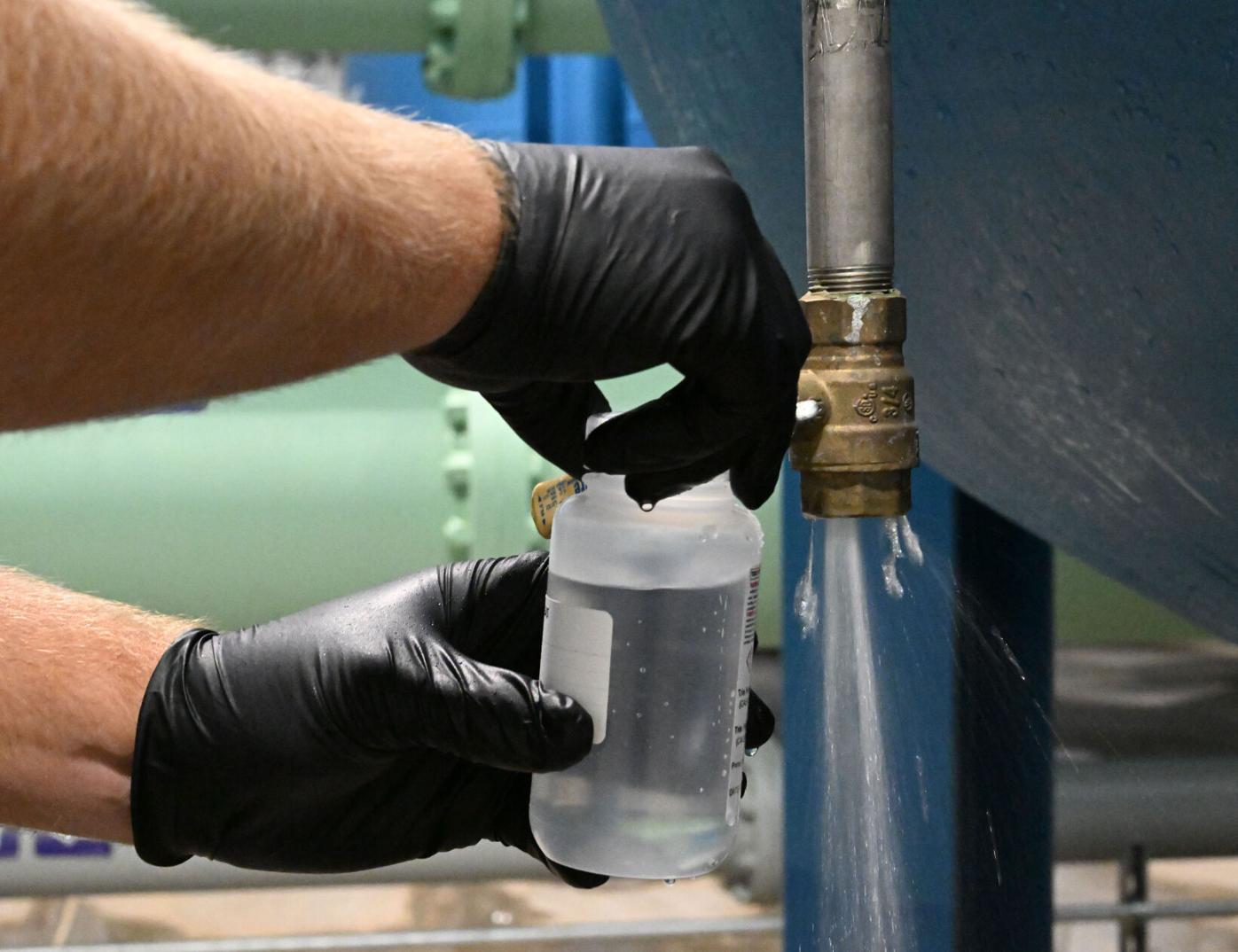Colorado health department suspends water testing after 2nd chemist found manipulating data
Nearly a year after the Colorado Department of Public Health and Environment (CDPHE) found anomalies in a chemist’s testing work, a second chemist is being investigated for allegedly manipulating data — ultimately causing the department to suspend water testing in the State Laboratory’s chemistry program.
The announcement of the suspension on Monday directly coincides with the investigation into the first chemist, which began in February after anomalies were found in their work stemming back to Dec. 29, 2023, according to the CDPHE.
After the first investigation began, the Environmental Protection Agency (EPA) revoked a testing certification for the water quality lab and, on Dec. 20, water testing was officially suspended at the facility as the department works closely with the EPA to investigate the quality assurance process, according to a Monday news release from the CDPHE.
According to the health department, in February, a managing chemist discovered anomalies in test results relating to one water quality method — method 200.7 — which tests for metals and trace elements of barium, copper and chromium in drinking water.
The chemist was removed from all laboratory testing on Feb. 12 and the department launched an investigation. The chemist ended up retiring in May, according to The Denver Gazette’s news partner, 9NEWS.
The second chemist has now been placed on administrative leave during the investigation, according to the release.
State health officials said the data problems may have impacted as many as 3% of the state’s 2,000 public water systems, but did not pose any health risks to users.
Overall, the discrepancies in data caused the department to have a lapse of knowledge and timeline on some drinking water systems — not a total pinpoint that something was wrong with the systems.
“It is EPA’s understanding that 69 regulated water systems have been impacted and roughly 20 of those water systems will need to resample to confirm that their water is still meeting federal standards because those specific systems did not have enough additional data to verify that they were still in compliance,” EPA Region 8 spokeswoman Taylor Gillespie said in a statement to 9NEWS in November.
Though the health department found the anomalies in February, the EPA claimed that the department did not alert them of the issues until April, according to a letter from the EPA to the state health department revoking CDPHE’s certification to test for that method.
Furthermore, a September letter from the EPA to CDPHE, also obtained by 9News, noted that CDPHE found problems in testing data dating back five years and said the laboratory initially noticed problems with quality control back in June of 2022 but never notified the lab’s director or the EPA and no corrective action was taken back then either.
The department has moved EPA-certified water testing to commercial, accredited laboratories, according to the release. Time-sensitive and already-in-progress water samples are being completed under the direct supervision of the Chemistry Program Manager.
Water testing that are not EPA-regulated methods under the Food Emergency Response Network have been moved to other CDPHE labs while the investigation continues.
“The integrity of our laboratory operations is our top priority,” Dr. Ned Calonge, chief medical officer at CDPHE, said in the release. “We are taking swift and decisive action to address this issue, including fully evaluating the culture and practices of the lab.”
9NEWS contributed to this report.





